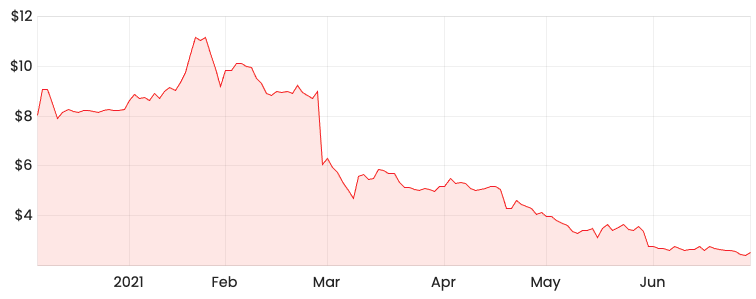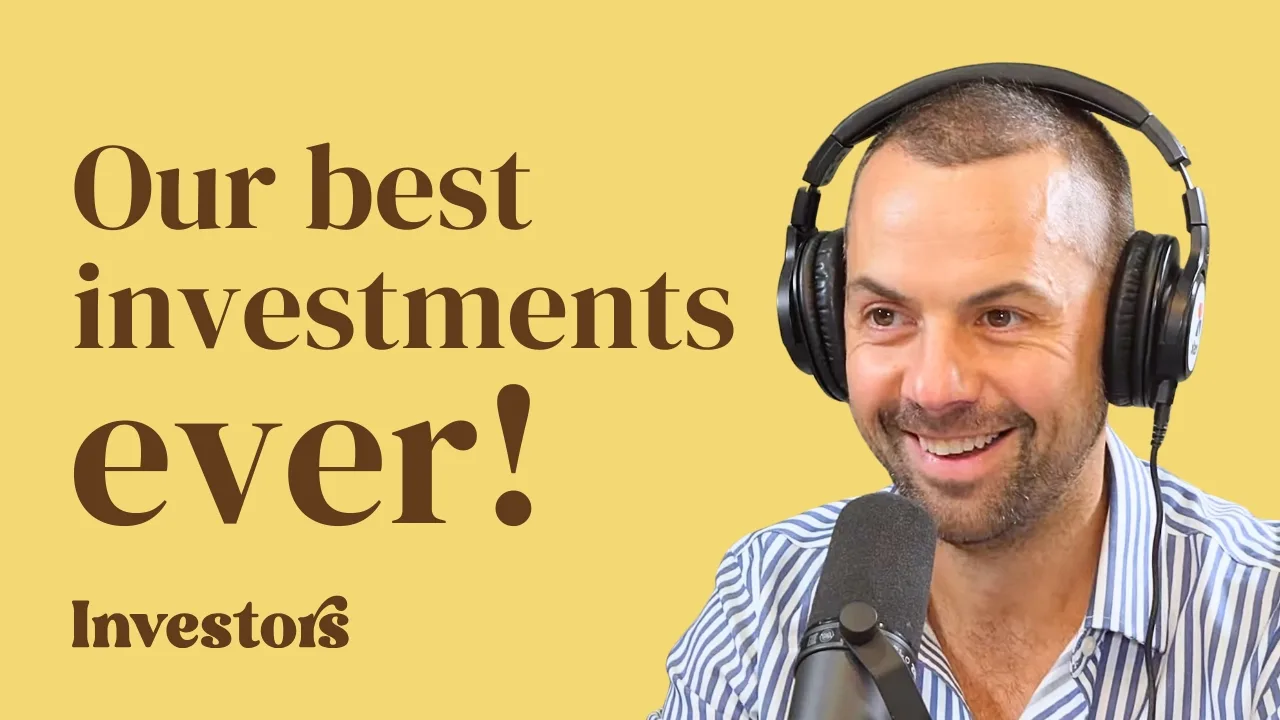Nuix Ltd (ASX: NXL) shares can’t seem to catch a break as the corporate regulator accuses the former CFO of insider trading. What does this mean for Nuix shares?
NXL share price

Insider trading allegations
As reported by my colleague, Lachlan Buur-Jensen, the Australian Federal Police requested a travel ban on Ross Doyle, the brother of former Nuix CFO, Stephen Doyle.
On top of this, search warrants were executed on the Nuix head office, Stephen Doyle’s apartment and other addresses.
As a result, Stephen Doyle is at the centre of two separate investigations being conducted by the corporate regulator, the Australian Securities & Investments Commission (ASIC).
According to the Australian Financial Review and statements made by ASIC markets enforcement senior lawyer, Jenny Truong in her affidavit, “ASIC is investigating whether Stephen Doyle had provided forecast revenue (FY21) for the IPO prospectus that was false or misleading without having taken reasonable steps to ensure that it was not false or misleading.”
Ms Truong believes Stephen Doyle held inside information about the true revenue figures for the December half, which was tracking at 44% of the full-year revenue forecast outlined in the prospectus. When Nuix released its results for HY21 on 26 February 2021, revenue fell by 4% compared to the prior corresponding period, resulting in a significant decline in the Nuix share price.
Ms Truong believes Stephe Doyle was aware of this inside information before 12 February 2021 and possibly as early as 31 December 2020.
The second element of the investigation relates to an elaborate strategy where Ms Troung’s affidavit alleges Stephen and Ross Doyle used to mask the sale of 2 million Nuix shares.
Stephen Doyle held shares worth $321,000 in September 2012, which he held until December 2015 when these shares jumped to $4 million.
In December 2015, Stephen Doyle filed a notice with ASIC that he sold these shares to his brother, who lived in Switzerland, in July 2012 for $326,500. Ross Doyle sold these shares to Macquarie in 2016 and a subsequent share split resulted in leaving him with 2 million shares, valued at $10.6 million at the time of the IPO in December 2020.
On 24 November 2020, six days after the release of the Nuix prospectus, Ross Doyle set up a Singapore company, Black Hat Pte Ltd, with its single share owned by Black Knight Foundation in Liechtenstein. Ms Truong notes the beneficial owners or those with significant control were Stephen Doyle and their father, Ronald, and another Liechtenstein company.
On 30 November 2020, four days before Nuix floated, Ross Doyle transferred his 2 million Nuix shares to Black Hat for a total price of $2. Later, Ross transferred 200,000 Nuix shares from Black Hat to his own trading account.
The AFR notes the Liechtenstein shareholding hid the real beneficiaries of Black Hat’s share trading and the links to the former Nuix CFO.
Between 22 January to 11 February 2021, Ross Doyle sold 453,110 Nuix shares held in Black Hat as well as his own trading account, realising $4.6 million at an average price of $10.22.
On 12 February 2021, Ross Doyle proceeded to sell all of Black Hat’s remaining 1.55 million Nuix shares at below market price, realising another $13.2 million at an average price of $8.54. ASIC notes this was the trade that raised a massive red flag as the Blach Hat sales represented 57% of sales volume on 12 February 2021, which was greater than the total volume traded on 10 of the 14 days prior.
ASIC alleges Ross Doyle made these trades because he was aware that Nuix’s HY21 results would be bad.
All up, ASIC believes the Doyles made a $5.7 million profit by using inside knowledge to sell before the release of the HY21 results. As of today, these shares would be worth around $5 million.
My thoughts
ASIC has advised it will be questioning Stephen and Ross Doyle this week and further questions will be likely after it reviewed the findings from the search warrants. Ross Doyle’s travel ban has been extended until 25 October 2021.
It’s always easy to take lessons away in hindsight but I think this case serves as a reminder of how important management quality is when evaluating investments.
If a company IPOs and is unable to meet its forecasts even within two months and management’s explanation doesn’t stack up, investors should think twice before investing.
In saying this, ASIC’s investigation is still ongoing, which will shed more light on what had occurred.
If you’re looking to become a better investor, I’d recommend signing up for a free Rask account to gain access to our stock reports.




